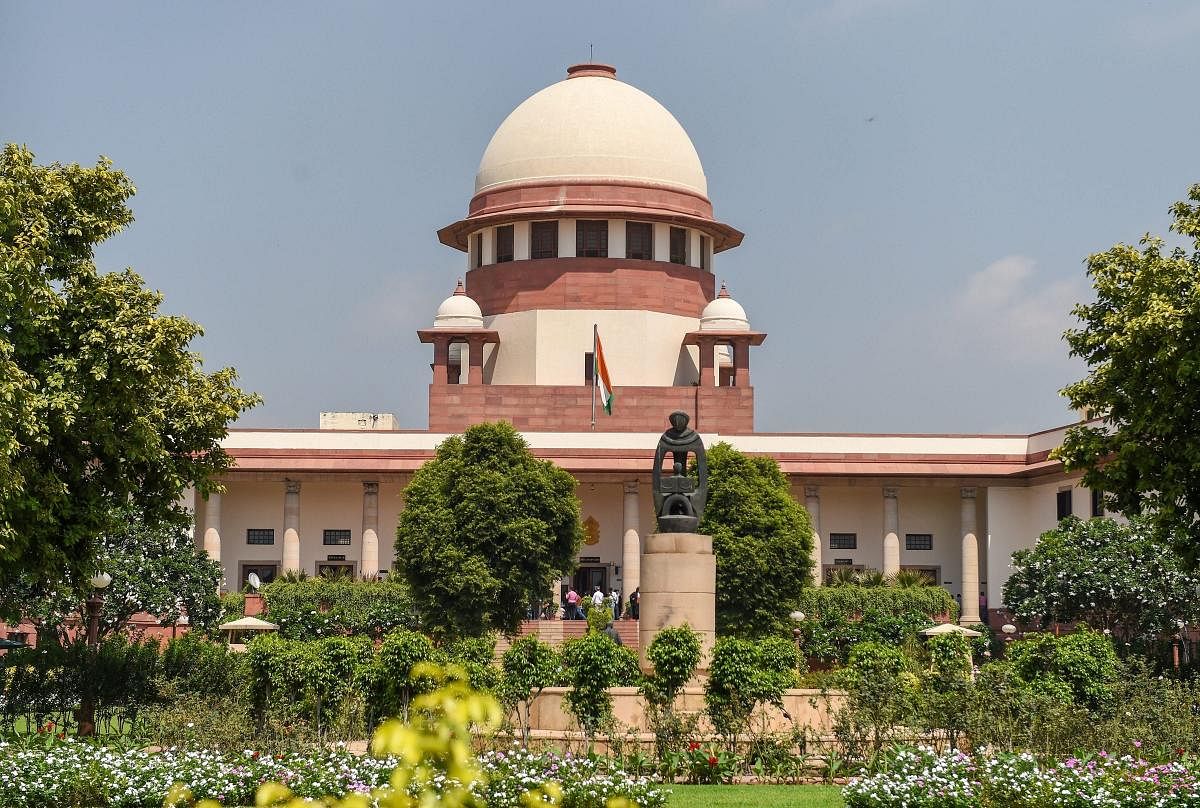The acquittal by the Supreme Court of eight convicts who had been sentenced to death in two different cases is a terrible comment on our system of justice, including our investigative processes. In one case, the court acquitted six persons belonging to a nomadic tribe in Maharashtra who had been charged with killing five members of a family. One of the convicts was a juvenile when he was charged. They have been in jail for the last 16 years, and on the death row for 10-13 years. The trial court had imposed the death penalty on all of them, but the high court reduced it to life term for three. The Supreme Court, however, restored the death sentence for them, too, 10 years ago. A review by the court has now found that the convictions were on the basis of unreliable testimony and insufficient evidence. The court has ordered payment of compensation to the six and action against the policemen. In the second case from Chhattisgarh also, two men who had been sentenced to death were acquitted because the investigation was found to be faulty.
The two cases again validate all the arguments against the death penalty and make a strong case for its abolition. If the convicts had been hanged, a great injustice, which could never be undone, would have been committed. No-one would have known of the injustice because their cases would not have come up for review later. Couldn’t there be others who were hanged but may have been innocent? This should be seen against the basic tenet of the justice system that no innocent person should be punished. Is Rs 5 lakh enough compensation for the loss of 16 years of life in jail and the suffering and trauma under the shadow of the gallows? The frequently voiced criticism that criminal investigations are often biased and prejudiced against the poor is borne out by the proceedings in this case. The nomads did not get proper legal aid, and even the Supreme Court did injustice to them, though it has corrected itself now.
It is known that the norm of awarding the death penalty only in the rarest of rare cases is not interpreted uniformly by different judges and courts. It has often been pointed out that capital punishment is no deterrent against crime, and that the aim of the justice system should be reformation, not retribution. Most countries have either abolished the death penalty or do not implement it. But in India, there is a clamour for awarding it for more and more crimes. But the stronger moral and ethical case is for removing it from the statute book altogether.
